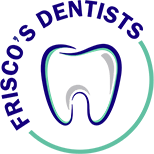Have you heard someone claim that they inherited “soft teeth”? Many patients will try to use this “fact” as an excuse for their poor dental health, particularly when it comes to excessive cavities.
However, what many patients don’t know is that there is no such thing as soft teeth. There are indeed genetics involved for being prone to tooth decay, but that’s really not a valid excuse for constantly having multiple cavities, tartar problems, periodontal disease, and persistent bad breath. In fact, genetics only factors in for 2% of your total dental health. These genes could affect the integrity of the jawbone, the density of your tooth enamel, and the architecture of your mouth.
That may sound like it accounts for poor dental health problems, but be aware that in all genetic studies done for bad dental health, researchers have found that bad teeth are indeed passed down from parents to their children, no matter if they are natural or adopted. In other words, if the parents have bad dental habits, then their children, whether natural or adopted (into, not adopted out) will also have bad dental habits.
Basically, dental health relies more on nurture than nature. So if you are prone to tooth decay, first examine your own hygiene habits and then consider your parents’. Are your father’s fillings really due to bad genetics, or does he not brush as often as he should? Does he get his teeth cleaned twice a year? Does he floss every day? Does he use mouthwash?
Likewise, if you have children, consider what habits you are teaching them. Reflect how often you brush, floss, have your teeth cleaned, etc. If you practice good dental hygiene, then you can instruct your children to do the same and enforce it. Then they can do the same further down the line, and potentially end your family’s propensity for tooth decay. Or, as they might call it, soft teeth.

